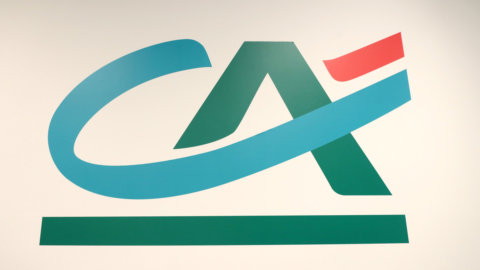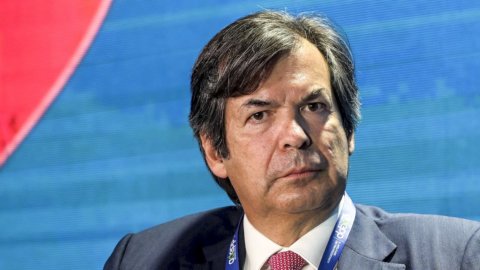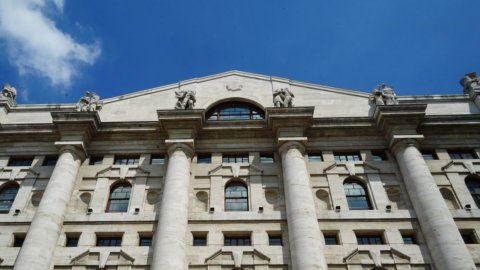The reaction of the ECB long awaited by the markets has finally arrived. To respond to the slowdown in the economy, the European Central Bank has decided to act on two tracks: postponing the rate hike and, above all, a new wave of Tltro loans to banks in the Eurozone. Today's decisions were taken by the Governing Council "unanimously - the president Mario Draghi reported at the end of the meeting - and this is remarkable, given the complexity of the package".
LEADING TO THE THIRD EDITION OF TLTRO LOANS
The measure most desired by investors was the latter, because it will guarantee credit institutions a new injection of low-cost liquidity, forcing them to use fresh resources to support the real economy. The first round of loans will take place in September 2019 and the last in March 2021. This third round of TLTROs will concern refinancing with a 2-year maturity.
The new loans to banks "will help preserve favorable credit conditions and the orderly transmission of monetary policy", explained the ECB. However, there is a cap on the disbursement of funds: "Counterparties will be able to obtain loans for an amount equal to up to 30% of the stock of eligible loans as at 28 February 2019, with a rate indexed to the interest rate on the main refinancing operations for the duration of each transaction".
INTEREST RATES: SLEDDING ASCENT
As regards interest rates, not only did the ECB confirm them at historic lows (zero on main refinancing operations, 0,25% on marginal refinancing and -0,40% on deposits), but it also moved forward the date of the first possible monetary tightening from July 2019 to the end of the year.
QE: TITLES RENEWED FOR A LONG TIME AGAIN
Lastly, the ECB confirmed that it will continue to "completely" renew the securities purchased under the Quantitative Easing (closed at the end of 2018) which are gradually reaching maturity. The operation will continue "for an extended period of time" even after the date on which interest rates begin to rise and in any case "as long as it is necessary - explains the Eurotower - to maintain a large degree of monetary accommodation" .
DRAGONS: CONSIDERABLE MODERATION OF GROWTH WHICH WILL DRAG INTO THE YEAR
The most recent signals have pointed to “a notable moderation in the economy, which will extend into the year,” Draghi said in the press conference following the Governing Council meeting. "Persistent uncertainty about policies, pressures of trade protectionism and vulnerabilities in emerging countries have dented the climate of confidence - he added - The euro area is going through a period of continuous weakness and pervasive uncertainty".
CUT ESTIMATIONS ON GDP AND INFLATION IN THE EUROZONE
As proof of all this, the ECB heavily cut its forecasts for economic growth in the euro area: it now estimates +2019% for 1,1, +2020% for 1,6 and +2021% for 1,5 %. Last December the estimates were, respectively, +1,7%, +1,7% and +1,5%.
DRAGONS TO ITALY: ATTENTION TO THE BUDGET
With implicit reference to Italy, but not only, Draghi said that the countries of the euro area "with high debts must continue to restore fiscal margins", while all the states must aim for "a composition of the budgets more favorable to growth ”.
The European indices – and in particular the banking sector – closed lower after the ECB's intervention, evidently considering the new liquidity measures less advantageous than the previous ones in terms of rate and duration. The euro is also down.
Updated at 16,30pm on Thursday 7 March 2019





